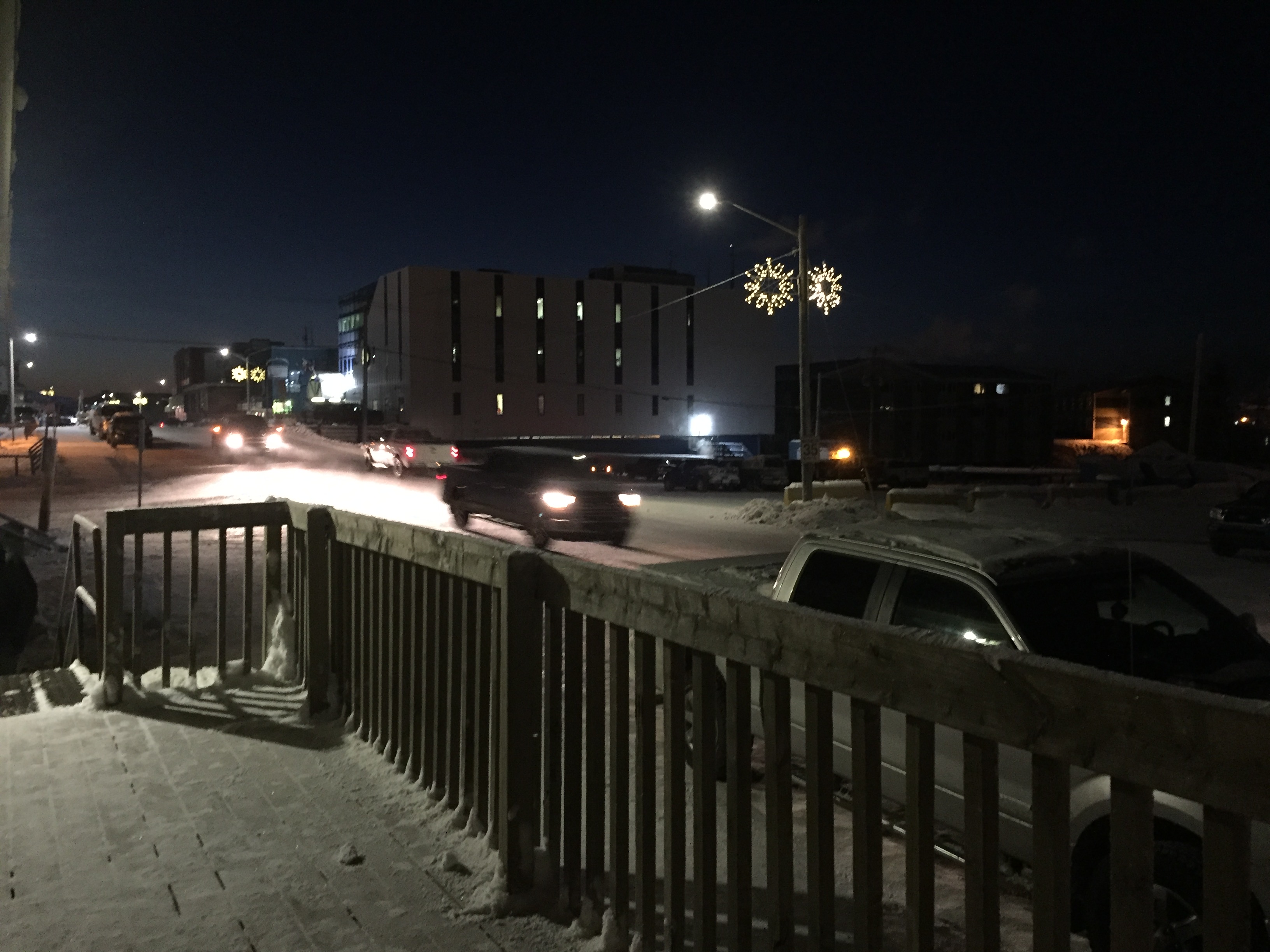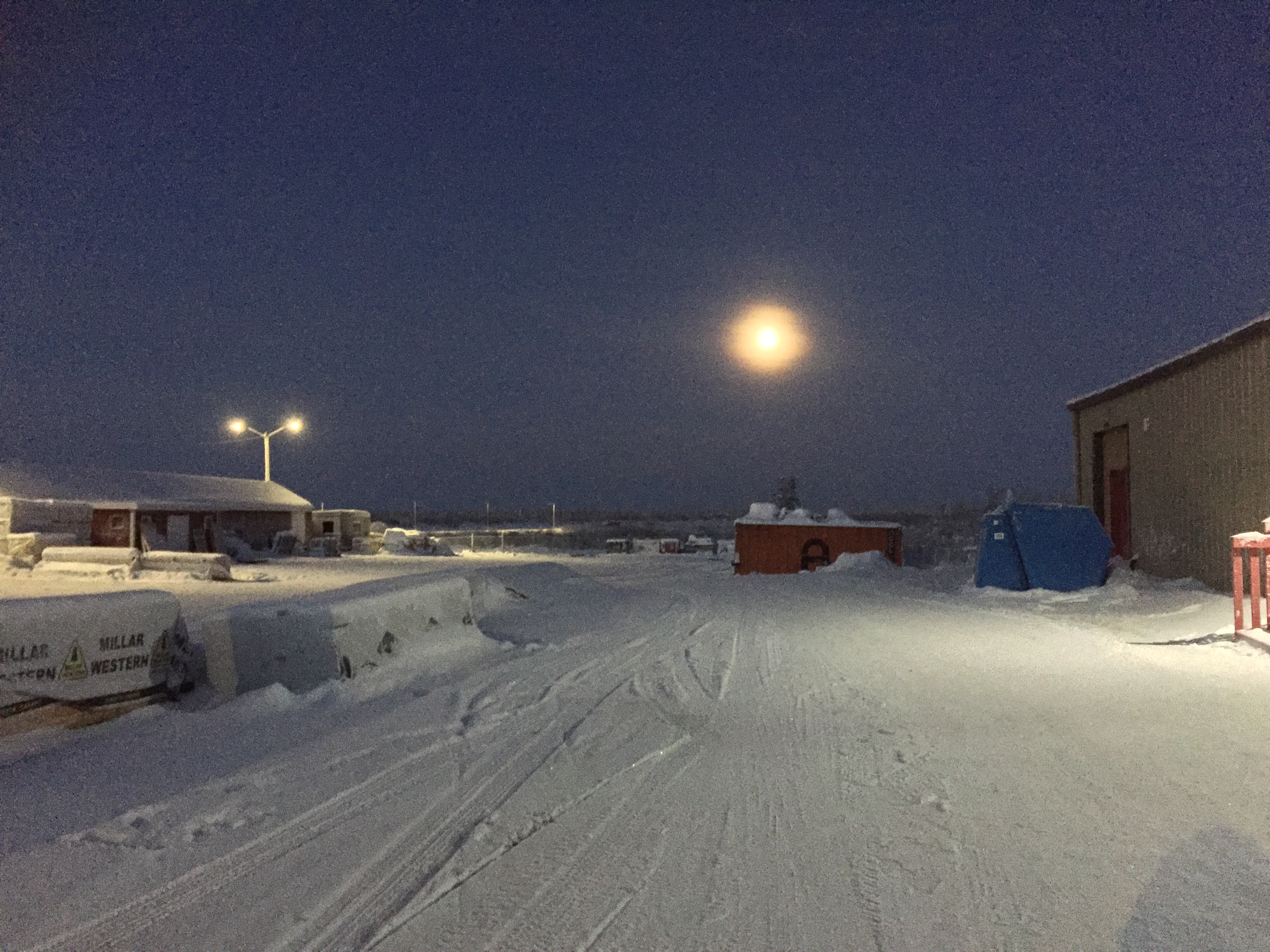Magnetic Island is like a fever-dream of a tropical island. It’s winter but it’s warm and the whole island smells of honey. At night, mournful cries break out from spooky, long-legged birds, Bush Stone-curlews. They stare at you reproachfully as they creep towards you, then scurry away if you try to approach them, never taking their eyes off you.
The source of the honey smell is a white-flowering paperbark tree, the Melaleuca quinquenervia. Close up I see native bees swarm feverishly around the tiny white blossoms. I pick up a sprig lying on the ground and sniff; yep, that’s the smell.
Like in a dream, nothing happens the way you want it to. I’m hungry, but after half an hour I am still waiting for my breakfast; there is a lack of staff, like everywhere else since the pandemic. I want to get to a restaurant in another bay, but the taxi never arrives. There are only two drivers on the island and one has a habit of not turning up.
One morning a text arrives from my youngest son—a photo of his hairy legs on a sun-lounge by a pool on the Greek island of Santorini. I have booked a massage for that afternoon, and arrive at a house painted white with blue trim. “I lived on Santorini,” the masseuse tells me, “so I painted the house to remind me of it.”
She leaves me to get undressed and the dreamy spa music with sounds of water falling and birds twittering suddenly clicks off and a song starts. And it’s not just any song, but my favourite song in the whole world. I’m loving it and hoping she’ll take her time so I can just sit and listen to it before my massage begins. But she bustles back into the room saying, “What’s gone wrong with that music? I think this machine must be possessed.”
“It’s actually my favourite song in the whole world,” I say, but she doesn’t hear me, and switches it back to the rainforest sounds.
At the end of the massage she tells me to take it slowly getting up. “Sit on the edge of the bed and read one of the prayer flags.” They are strung across the folding screen hiding the possessed music machine. “Trust Your Intuition,” says the first one I look at.
The next day I find myself sitting on the beach having my “Angel Tarot” read. After invoking said angels to come down and do their thing, the woman says, “Now I’ll shuffle the cards and you tell me when to stop.” But before I can say anything, three cards fall out of the deck. She sets them aside, surmising that they have fallen out for a reason. They are all about negativity, childhood stuff, insomnia.
“Hmm. Been having trouble sleeping? Negative thoughts?”
“No,” I reply. I’m quite happy and sleeping fine.
After I do tell her to stop shuffling, she spreads the remaining cards out and tells me to pick three, from three different areas going left to right.
“Oh these are positive. They’re about change. This one means ‘trust your intuition’.”
On my last day I take a boat trip around to some of the less accessible islands. We are a captive audience for the aspiring comedian who is our skipper. We motor out from Horseshoe Bay to near Dragon’s Breath rock, so named for the shape and the fine sea-spray that can be seen coming off the end. My ship-mates drop hand-lines to try their hand at fishing, but I am not a fisher, and although hypocritically I eat fish, I am too squeamish to pluck one live out of the ocean and cause it to die. One woman catches a small fish that is measured and thrown back. Everyone else just loses their bait.
Fishless, we up-anchor and motor across the choppy sea around to Balding Bay, the nudie beach. “We’ll stop in there on the way back,” the skipper/comedian says. “There are a couple of guys who come here every morning, so you might get to see some penises.” (How exciting.) “Or a netball team.” (Hilarious.)
We continue on to Florence Bay where we drop anchor and do some snorkelling. I’m hoping to see something big like a manta ray, or a turtle, but I see only fish. But they’re fascinating fish: huge cod; batfish, like swimming dinner plates; little damsel fish, black with white tails; long thin garfish; and numerous brilliant rainbow-coloured fish.
The water is warm, but still, after about twenty minutes my fingers are going numb. I hold them against my chest to try to keep them warm because I want to see more, but in the end I have to give up and get back on the boat. I change, shivering, out of my togs and decide to get a hot drink. Except, the tiny pump thermos is empty. “Never happened before,” says the skipper.
We up anchor and motor back to Radical Bay where we anchor on the beach. A couple of people snorkel again, but I opt for a walk instead. I go exploring among the large boulders that have tumbled down from the hill above, millennia ago. They lean together, creating cave-like shelters. A trickle of fresh water flows through one. I step into the water and sink up to my knees. Quicksand?! Surely quicksand went out in the seventies. Back then everyone was getting trapped in quicksand. And it takes some effort to pull myself out of the sucking sand. This is a nightmare!
That afternoon when I lie down for a siesta, I feel my bed pitching and falling beneath me. Was I really on a boat, or was the whole thing a dream?






















